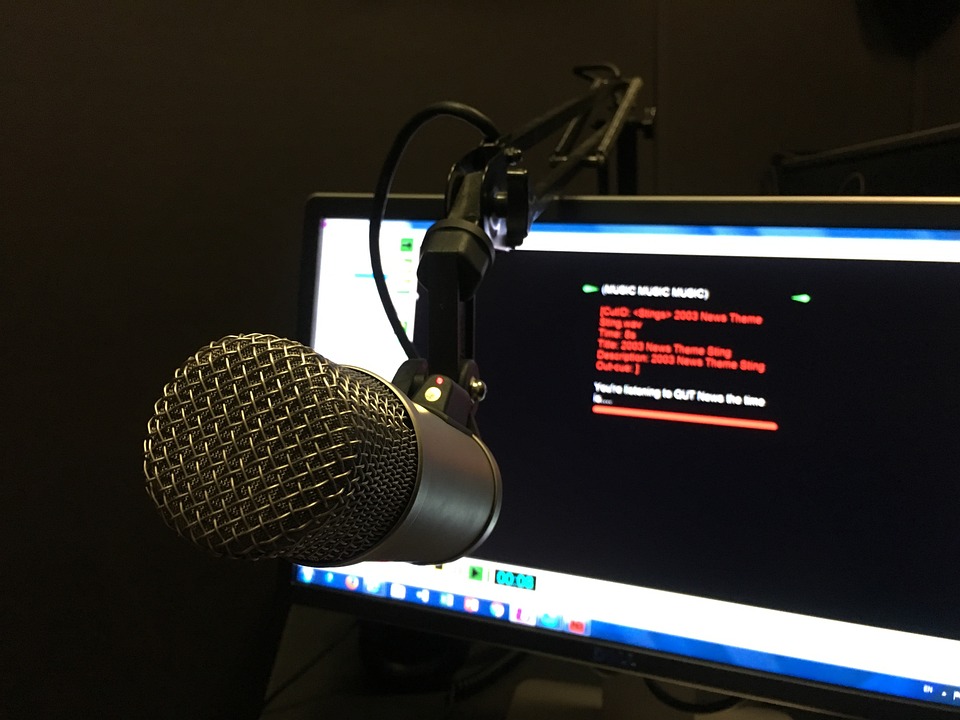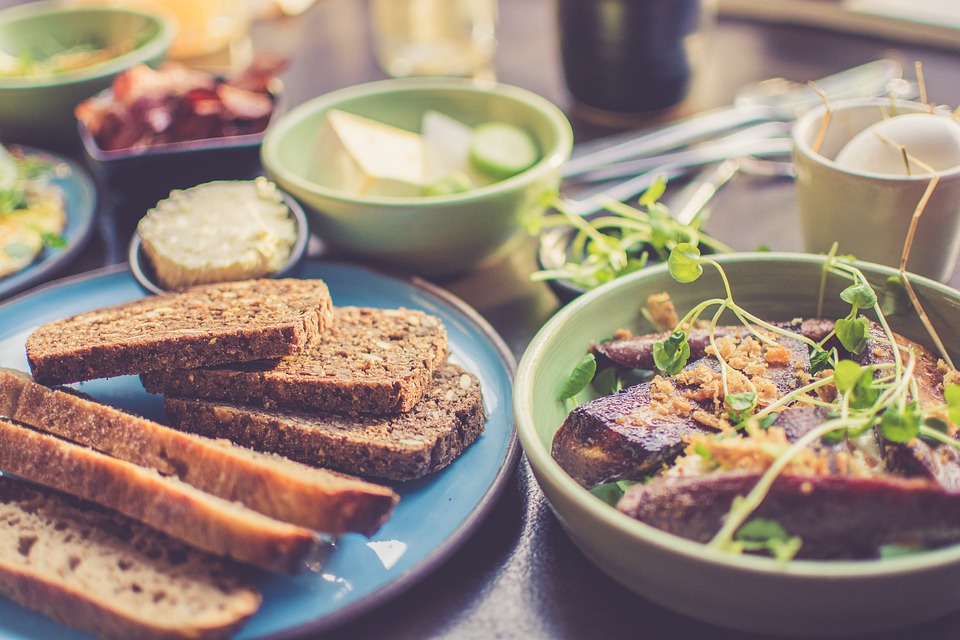I always listen to the radio in the mornings while I’m in the bathroom and while I’m on the bus to school. The radio is on my mobile phone.
My favourite Hungarian radio station is Class FM because I like music programmes. Class FM is a commercial radio station and there is always lots of music on it. I think this station is really popular with young people.
This station also provides news every hour and information on town and road conditions. The Morning Show is really entertaining, the presenters are very funny. They make me feel better early in the morning.
I don’t like interviews with politicians and programmes about economy.
These programmes mostly give us different people’s opinions. And I’m not interested in sport programmes on the radio, they’re more exciting on TV.
I know other radio stations, too. e. g. Kosssuth Radio, Bartók Radio. I think they’re for older people.
In summmer I like listening to the local commercial radio station called Parti Radio. It broadcasts lots of good music and also gives information about local events.
When I am studying I need silence. I can’t concentrate on my studies when I am listening to music.
I have got a Sony make sorround stereo system with a DVD player, CD player, MP3 player and four speakers.
I think music on a CD sounds better than on the radio because there is not any background noise and the music isn’t interrupted with commercials.
I’m interested in the weather forecast on the radio in the morning because it often helps me to decide what to wear and what to do in my free time.
I prefer watching TV to listening to the radio because TV is more enjoyable than the radio and there are much more channels on TV.
But there are advantages of radio, too. You can listen to it particully everywhere: while you are driving or travelling, when you are on the beach, at home while doing housework or cooking and even at your workplace.
Sometimes I listen to an Englih programme on the radio because English is a pleasant sounding language. I think it helps to practise listening skills and improves my pronunciation.













